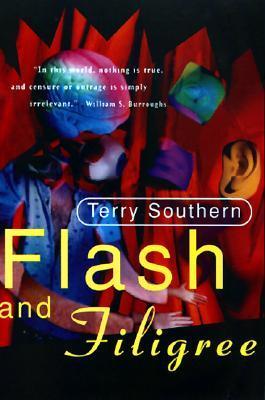What do you think?
Rate this book


204 pages, Paperback
First published January 1, 1958
In quiet relief to the broad approach is the Clinic. The flat, heavy cream-stucco of the Clinic is the essence of modern architectural propriety and its modest substantial proportions already suggest the knowledge, the strict and unassuming skill for which it is renowned.
At exactly 10:30, after a few minutes in the outer reception room, a young man was shown into the office of Dr. Frederick Eichner, world’s foremost dermatologist.
The patient was a thin man of about thirty. An aquiline nose and deep-set eyes, his dark hair was fine, receding slightly at the temples. He was perhaps a handsome man, in an anemic and quasi-aristocratic way. Felix Treevly.
“I will tell this much,” he shouted, “this man is a serious mental case: a vicious pederast, in a state of advanced paranoia!”
“That’s slanderous!” cried Treevly’s friend in the Jury box, half standing now, looking wildly to Judge Lester for corroboration.